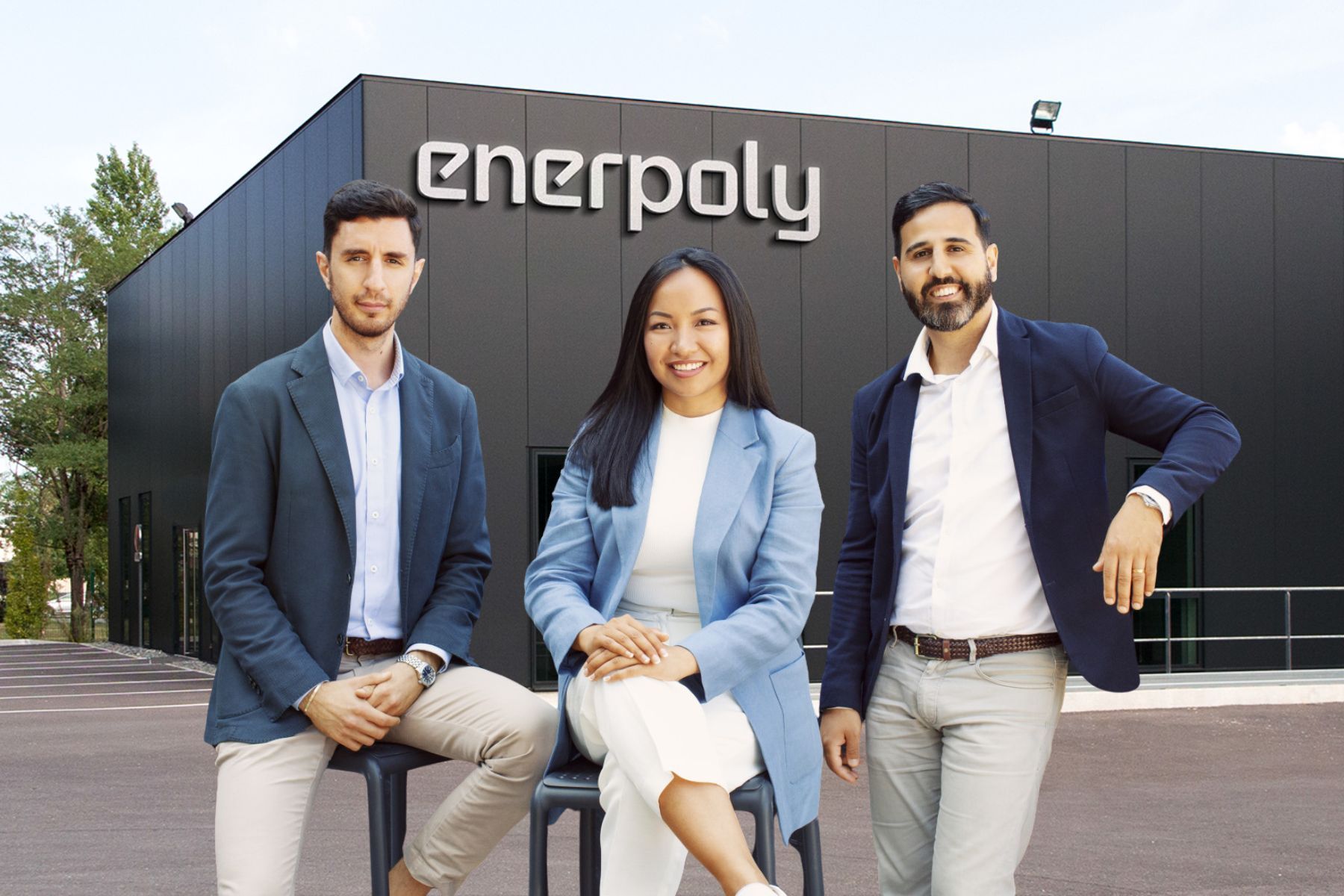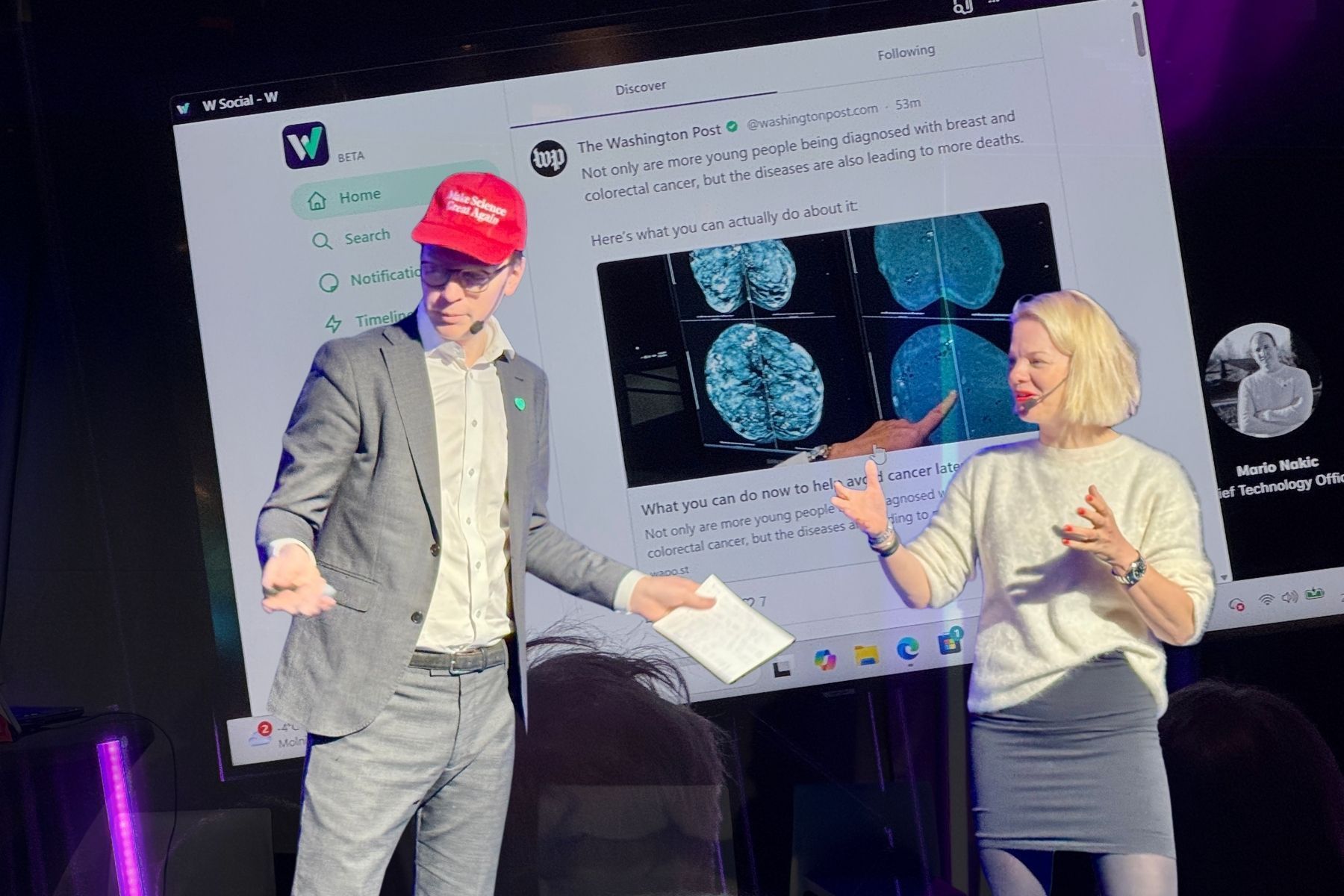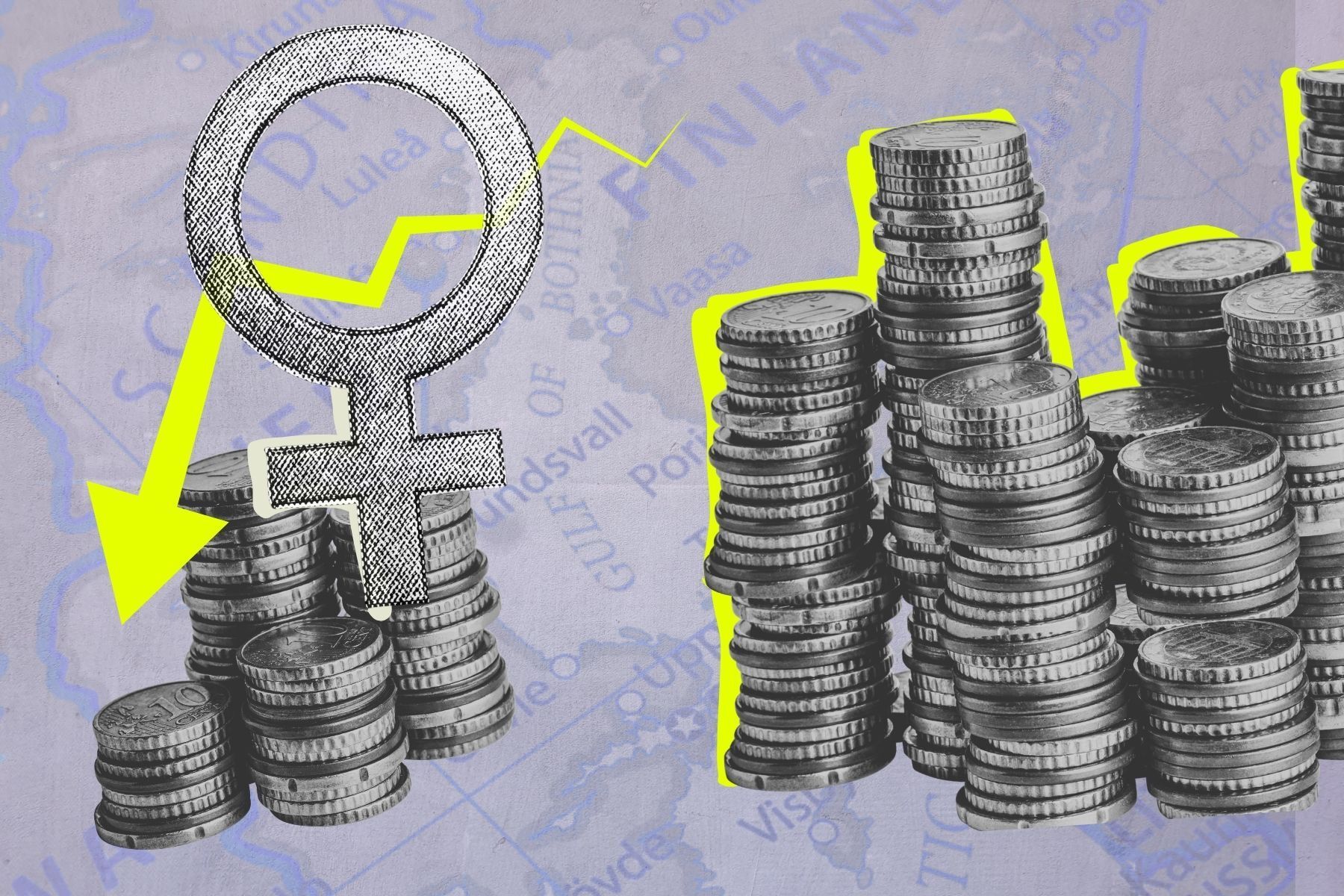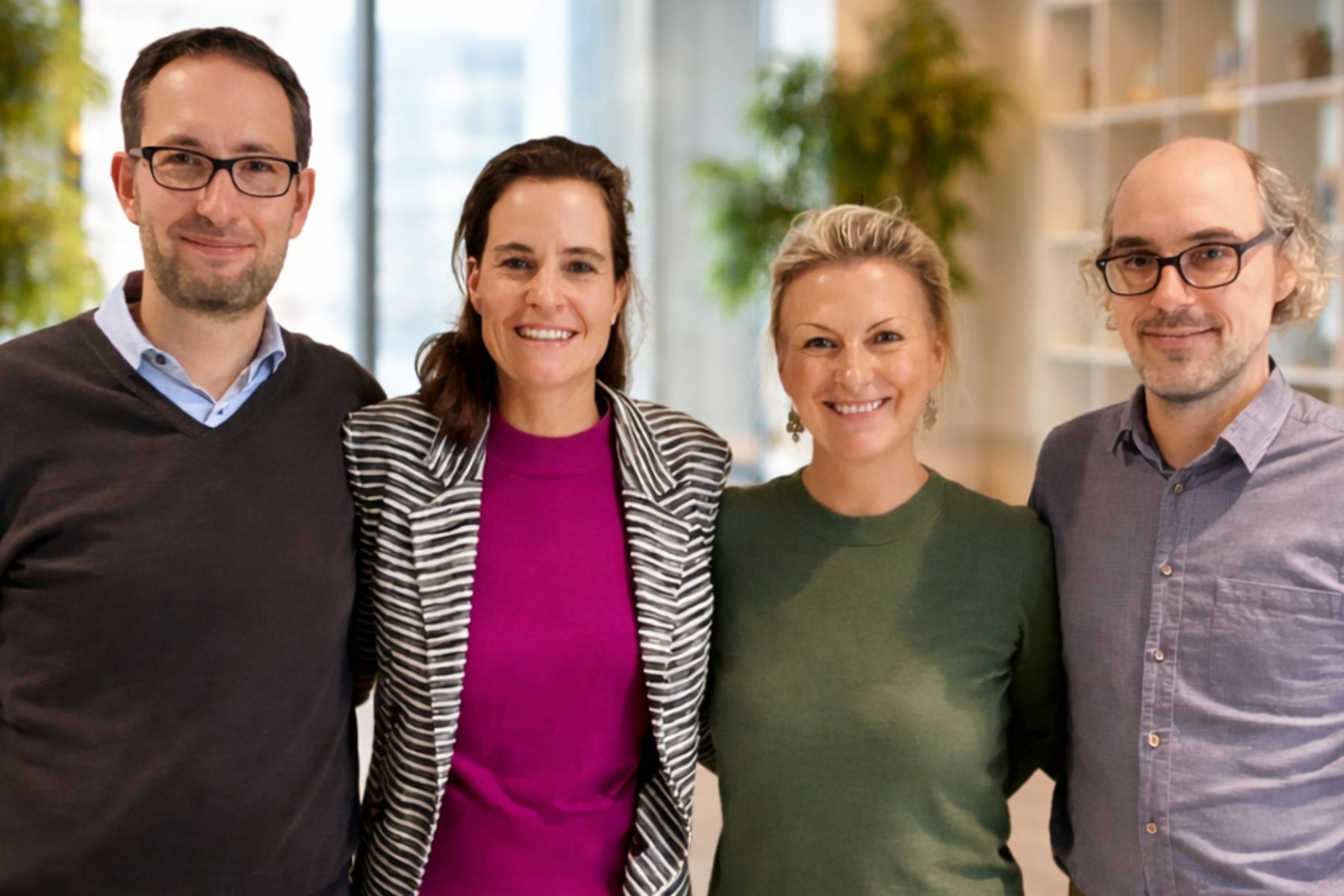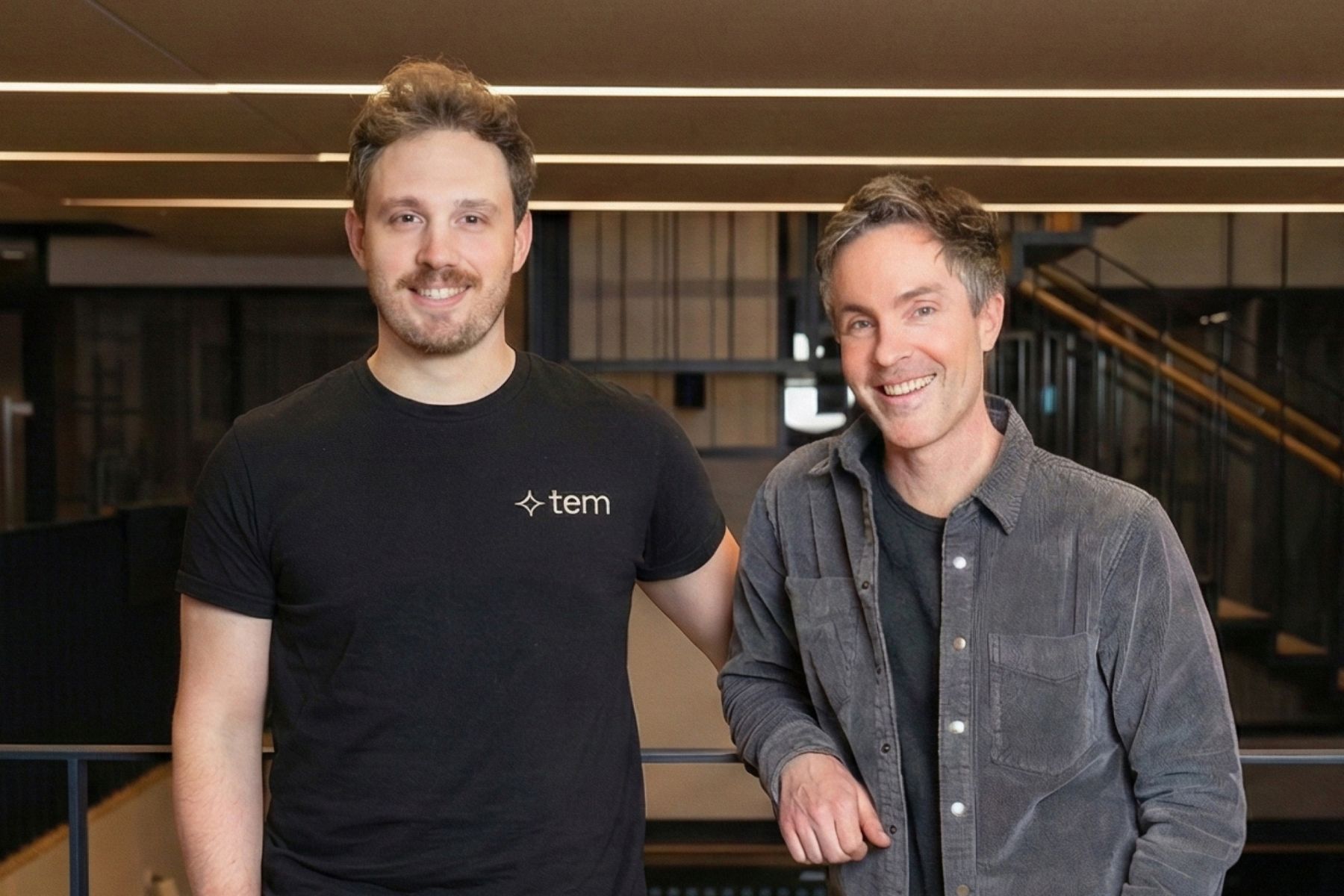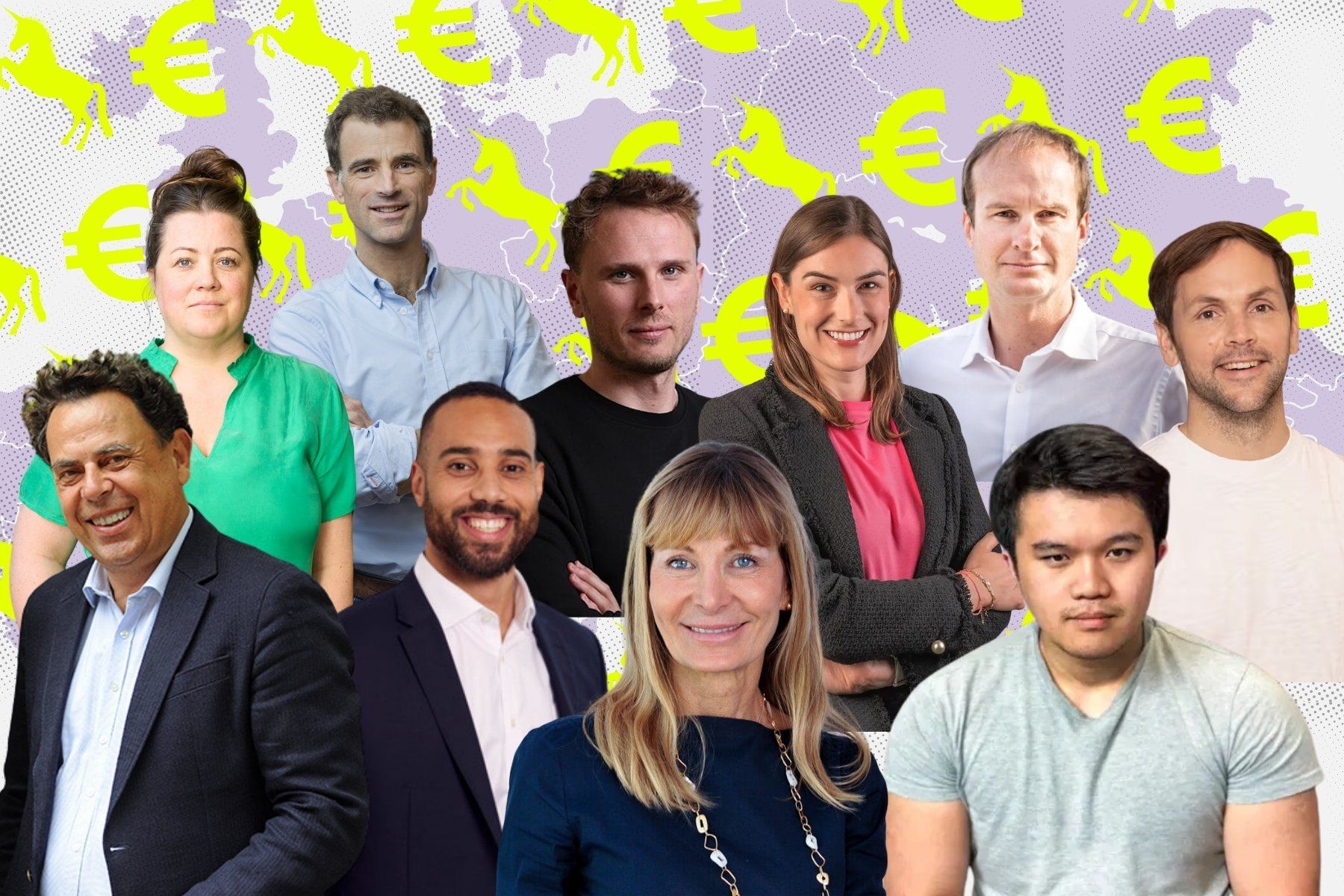Enerpoly goes bust in latest jolt to Europe’s battery sector
Swedish battery startup Enerpoly has gone bankrupt, according to the company’s public filings. <br><br>It's the latest blow to Europe’s ambitions for a homegrown battery industry capable of competing with the US and Asia. <br><br>Europe’s battery ventures need to work “faster and better,” Marius Koestler, vice president at British startup Monolith, tells Impact Loop.
.png)

In September last year, Enerpoly opened the world’s first zinc-ion battery factory. The Stockholm-based company aimed to reach a maximum production capacity of 100MWh at the site by 2026. That’s enough energy to power around 20,000 homes.
Less than a year later, Enerpoly has run out of cash, according to the Swedish business information service Bolagsfakta.
Enerpoly employs around 50 people, including ex-Northvolt talent Annika Werneman and Emelie Tillegard. It has raised a total of €16m in capital, including from the Swedish Energy Agency, according to Dealroom data.
The company did not immediately respond to our request for comment.
Big hopes for zinc-ion
Enerpoly was founded in 2018 by Mylad Chamoun and Samer Nameer, two researchers in battery chemistry at Stockholm University. The pair saw a hole in the market where lithium-ion wasn’t competitive: offering 2 to 10 hours of energy storage. They believed zinc-ion batteries could fill the gap.
Zinc in batteries isn't anything new. The AA batteries that power many of our toys and gadgets are made from zinc and manganese oxide.
However, Enerpoly planned to scale up that chemistry and build energy storage systems similar to Tesla battery packs, but with better performance. But like many battery startups before them, things didn’t go to plan.
Europe’s battery ambitions short-circuit
Enerpoly’s bankruptcy follows other, larger struggle stories. Most notable are Britishvolt, which went belly-up in 2023 after failing to secure fresh funds for its plant in the UK, and Northvolt, the €15bn Swedish giant, which entered administration in March, also after failing to secure enough capital.
Marius Koestler, vice president at British startup Monolith, which creates software to fast-track battery development, stresses the difficulties of developing a domestic battery supply chain in Europe.
“In Europe, we don’t have experience with [the dominant battery chemistries like lithium phosphate] – we’re way behind, and there’s more than 20 years of work to catch up on,” he tells Impact Loop.
Just two nations, China and Korea, supplied Europe with 90% of its batteries last year.
“At the opposite end of the spectrum, you also have these very early-stage, completely new types of batteries,” he continues. “There, the challenge is more around improving how we select materials, screen them and formulate them – how to do that faster and better.”
But it's not all bad news
French battery maker Verkor has secured €3bn for its 16 GWh gigafactory in Dunkirk, which is set to produce batteries for 300,000 EVs annually when completed in 2028.
Meanwhile, InoBat raised €100m in December to build an EV battery plant in Slovakia alongside Chinese firm Gotion, its biggest stakeholder. In total, the partners plan to invest €1.2b to build the factory in what would mark the second biggest investment in Slovakia's history.
Get full access to Europe's new platform for impact news
- Quality journalism, interviews, investor profiles and deep-dives
- Daily newsletter with top stories, latest funding rounds and roundup to keep you in the loop
Keep reading – get in the loop!
- Håll dig i loopen med vårt dagliga nyhetsbrev (gratis!)
- Full tillgång till daglig kvalitetsjournalistik med allt du behöver veta inom impact
- Affärsnätverk för entreprenörer och investerare med månatliga meetups
Fortsätt läsa – kom in i loopen!
- Håll dig i loopen med vårt dagliga nyhetsbrev (gratis)!
- Full tillgång till daglig kvalitetsjournalistik med allt du behöver veta inom impact
- Affärsnätverk för entreprenörer och investerare med månatliga meetups



